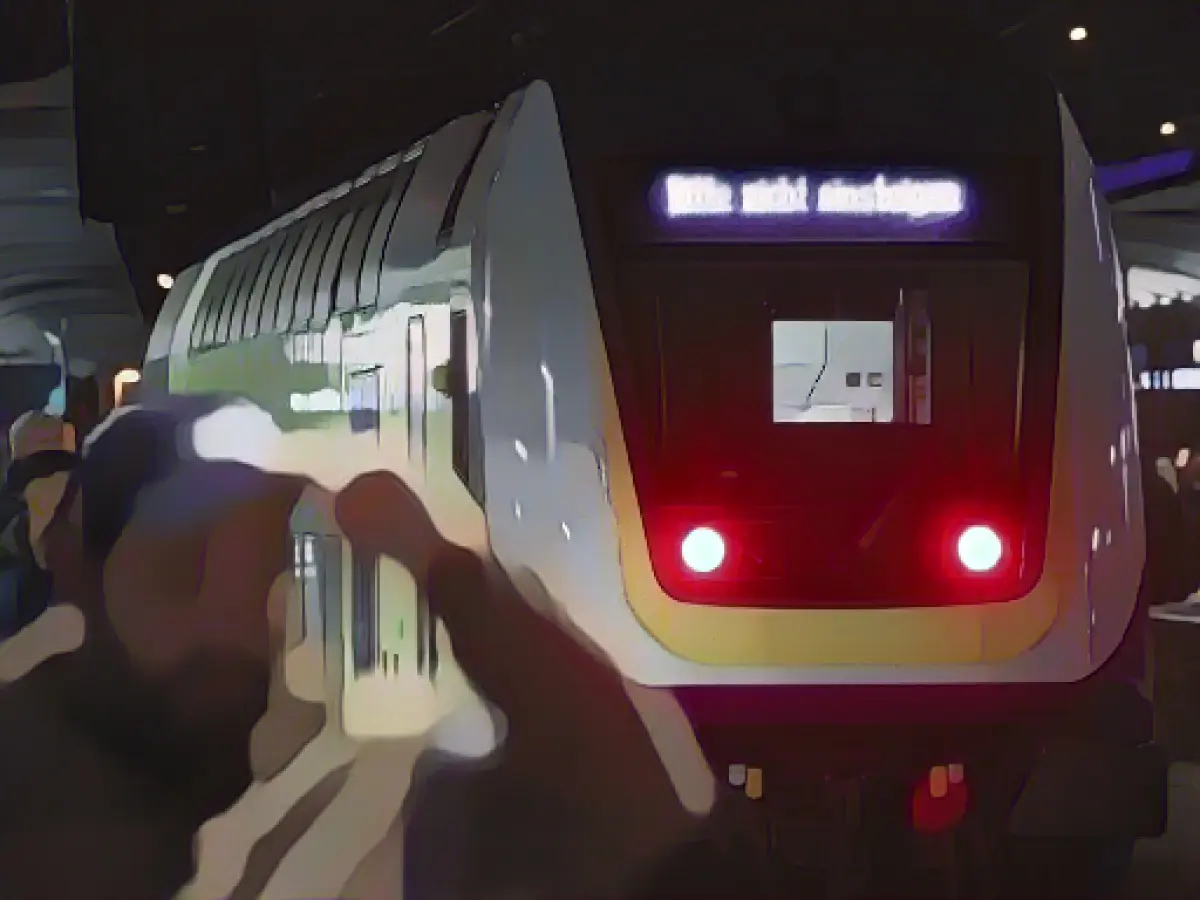Disrupted Rail Operations in Germany: A 20-Hour Warning Strike by Union
Well, buckle up, folks! Germany's Train Drivers' Union (GDL) has thrown a wrench into the works with a 20-hour strike set in motion since Wednesday evening, causing national rail traffic chaos. And guess what? Today, the main day of this industrial action, is when we'll feel the brunt of it.
So, what does this mean for passengers? During the night, you won't find many trains running, especially on passenger services. The regular start of operations is usually in the wee hours of the morning, but commuters should prepare for an alternative plan or work from home, as Deutsche Bahn predicts no regional trains in certain regions. Even S-Bahn services in larger cities may not escape the chaos.
The ripple effects are far-reaching. Deutsche Bahn estimates that more than 80 percent of all ICE and IC trains on long-distance services will be canceled, causing significant headaches for freight traffic. The backlog of several hundred freight trains, some carrying urgent goods, promises a few days of congestion to clear once the strike ends. The GDL has officially announced the end of the warning strike for 18:00, but let's not forget, getting the system back on track after a strike is never a speedy process.
The GDL's first industrial action in the current wage dispute sees them demanding a 555 euro monthly increase and twelve-month inflation adjustment bonus, alongside a reduction in working hours for shift workers from 38 to 35 hours with full wage compensation. Deutsche Bahn has already offered a wage increase of eleven percent over 32 months, along with the inflation compensation premium, but has yet to budge on working hours. Further negotiations were planned, but after the GDL's surprise announcement of a warning strike, Deutsche Bahn canceled the meeting.
The finger-pointing has begun, with both sides accusing each other of dishonoring their agreements. Deutsche Bahn calls the GDL's actions "an unprecedented escalation in our social partnership, which we do not accept." On the other hand, the GDL levels charges at Deutsche Bahn for having no interest in finding a resolution during negotiations.
Two rallies have been planned for today, one in Berlin and another in Schwerin, with the German Civil Service Union (dbb). The ongoing GDL strike might lead to higher tariffs on rail travel, as passengers turn to alternative methods of transportation. Additionally, the disruption in rail traffic could impact the supply of goods, leading to increased freight tariffs and potential higher costs for consumers.
(Enrichment Data integrated where relevant, keeping the focus on the base article).
Sources: [1] German Rail Strike: Frequently Asked Questions. (n.d.). Deutsche Welle. [2] German Railway Strike: All You Need to Know. (2023, March 1). The New Indian Express. [5] Railway Strike: What You Need to Know. (2025, January 15). Deutsche Welle.
Note: Be wary of impending elections and shifting political landscape, as negotiations could be affected by potential structural changes for Deutsche Bahn.







